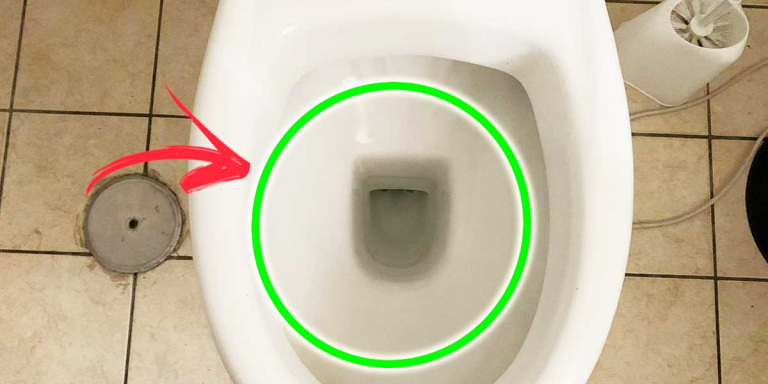ADVERTISEMENT
To clean it, we recommend DIY toilet gel. To make it, you will need to have:
250ml of water
20 g of corn starch
25 g of citric acid
10 g of ecological dish detergent
Then pour 200 ml of water into a saucepan , add the citric acid and heat the mixture over low heat. At the same time, mix the corn starch with about 50 ml of water and the ecological dishwashing liquid.
Oh I forgot! If you like these Natural Tips I can send them to you every day directly on WHATSAPP! Subscribe to my channel! I am waiting for you!
Finally, add the corn starch and dish detergent mixture to the saucepan containing water and citric acid, bring everything to the boil and you will notice that a mixture with the consistency of a thick gel will form .
Then, turn off the heat, let it cool and add, if you prefer, a few drops of tea tree , which boasts disinfectant and antibacterial properties .
To use, pour this gel into a container with a spout or even a simple plastic bottle and pour it into the toilet daily, leaving it to act for a while before scrubbing and flushing.
Surfaces where mold accumulates
Other surfaces that need to always be cleaned to always have a sanitized and healthy environment are those that tend to accumulate mold.
Usually, these are those continually subject to water or excessive humidity , such as the shower cubicle. To clean them, I suggest you use hydrogen peroxide , which is able to eliminate mold and bacteria effectively.
Then pour the hydrogen peroxide onto the cotton pads, then apply them directly to the mold stains and leave to act for about an hour.
At this point, scrub with a sponge and rinse thoroughly. Hydrogen peroxide will not only eliminate mold but will also help prevent it from returning .
Furthermore, I recommend airing the bathroom several times a day , especially after a hot shower.
I’ll show you how to do it in detail with this video:
https://youtube.com/watch?v=mbvwYrp6ijQ%3Ffeature%3Doembed
Door handles
We rarely dedicate ourselves to cleaning door handles , yet they are continually handled by all of us and become a receptacle for germs and bacteria.
To clean them, you can simply use Marseille soap, which is an ingredient with very delicate cleaning properties.
Then pour two tablespoons of liquid Marseille soap into a basin containing approximately 500 ml of water, then dip a soft cloth in the solution and pass it over the handle to be cleaned.
Finally, dry thoroughly.
Bedding
During the night, our sheets collect dead skin cells , hair, saliva and so on. In short, they are not exactly the most hygienic thing we have at home.
Continued on next page
ADVERTISEMENT
